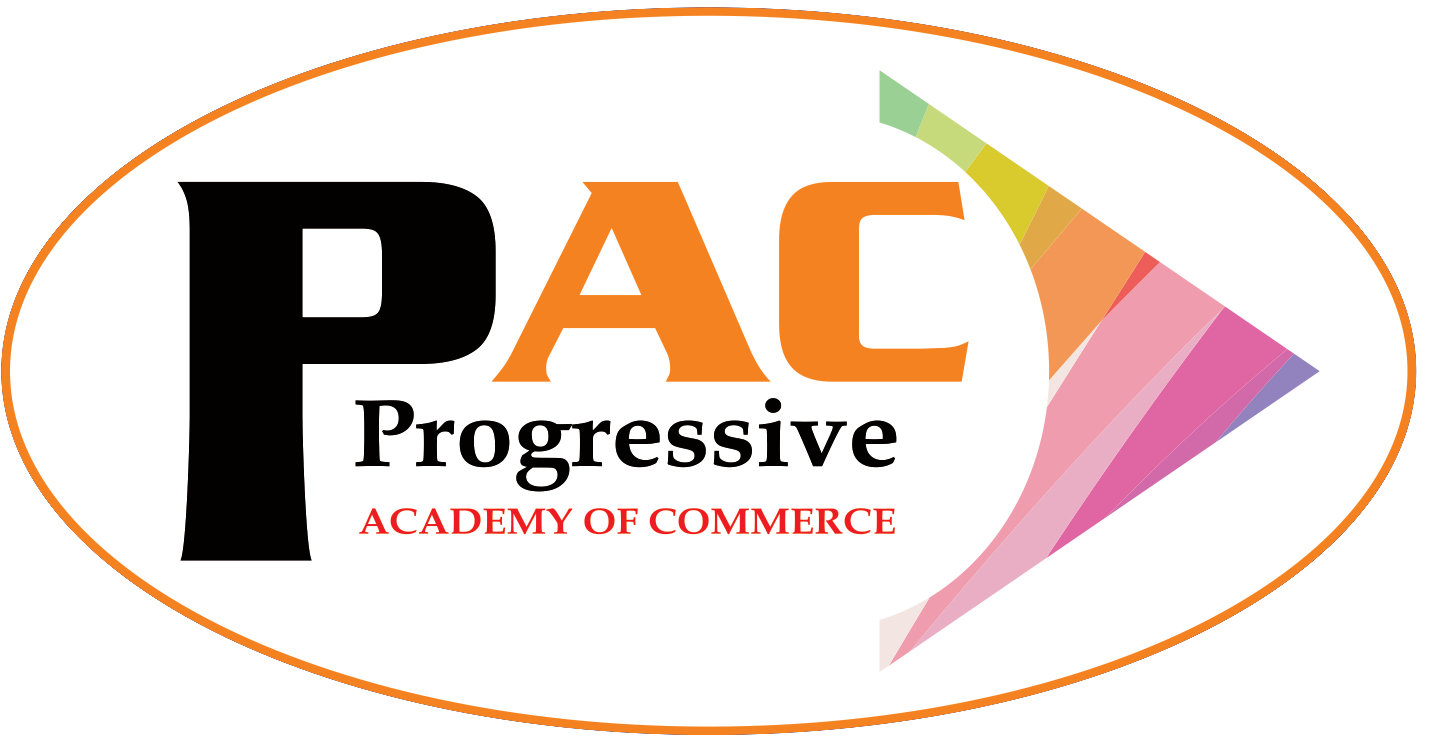In the realm of commerce education for students in classes XI and XII, the significance of practical learning experiences cannot be overstated. While traditional classroom teaching provides the necessary theoretical foundation, it is through practical application that students truly understand and appreciate the complexities of commerce. This blog delves into why practical learning is crucial in commerce education and how it prepares students for the challenges of the real world.
Bridging Theory and Practice
Commerce education encompasses a wide array of subjects, including Accountancy and Economics, each rich with theoretical knowledge. However, the true essence of these subjects is best understood when applied in real-life scenarios. Practical learning experiences, such as internships, workshops, and case studies, allow students to bridge the gap between theoretical concepts and their practical applications. This not only reinforces their understanding but also enhances their analytical and decision-making skills.
Enhancing Employability Skills
The commerce sector is dynamic, with a constant demand for professionals who are not just academically qualified but also skilled in practical application. Through practical learning experiences, students develop a range of employability skills such as critical thinking, problem-solving, communication, and teamwork. These skills are highly valued in the workplace and can significantly boost a student’s career prospects.
Exposure to Real-World Challenges
Participating in internships and workshops gives students a glimpse into the actual workings of businesses and economies. They get to observe firsthand the challenges and opportunities present in the commerce sector. This exposure is invaluable as it prepares students for what to expect in their future careers and instills a sense of readiness to tackle real-world challenges.
Application of Technology in Commerce
The modern commerce sector is heavily reliant on technology. Practical learning experiences introduce students to the latest technological tools and software used in the industry, such as accounting software, data analysis tools, and digital marketing platforms. Familiarity with these tools is crucial for any aspiring commerce professional.
Networking Opportunities
Engaging in practical learning experiences provides students with numerous opportunities to network with professionals in the field. This can open doors to potential job offers, internships, and mentorship opportunities. Networking also allows students to gain insights into industry trends and best practices.
Developing a Professional Mindset
Practical learning experiences teach students more than just technical skills; they also help in developing a professional mindset. Students learn the importance of punctuality, professionalism, work ethic, and continuous learning—qualities that are essential for success in any career.
Conclusion
For students in classes XI and XII, practical learning experiences are a vital component of commerce education. They complement theoretical knowledge with hands-on application, preparing students for the complexities of the commerce industry. Schools and educational institutions should, therefore, integrate practical learning opportunities into their curriculum, ensuring that students are not only academically proficient but also ready to thrive in their future careers.



